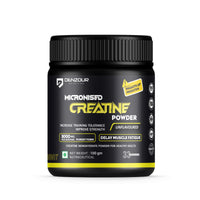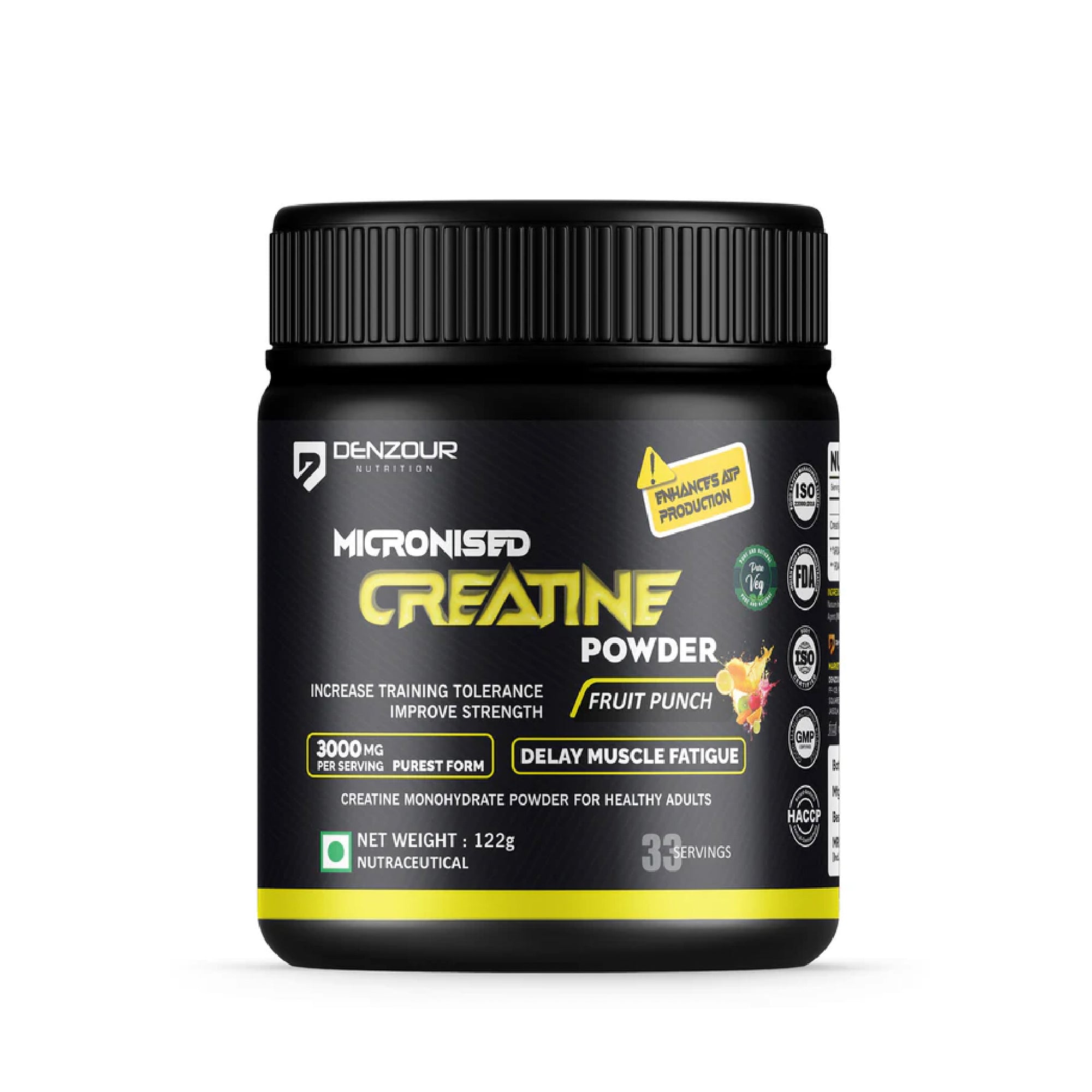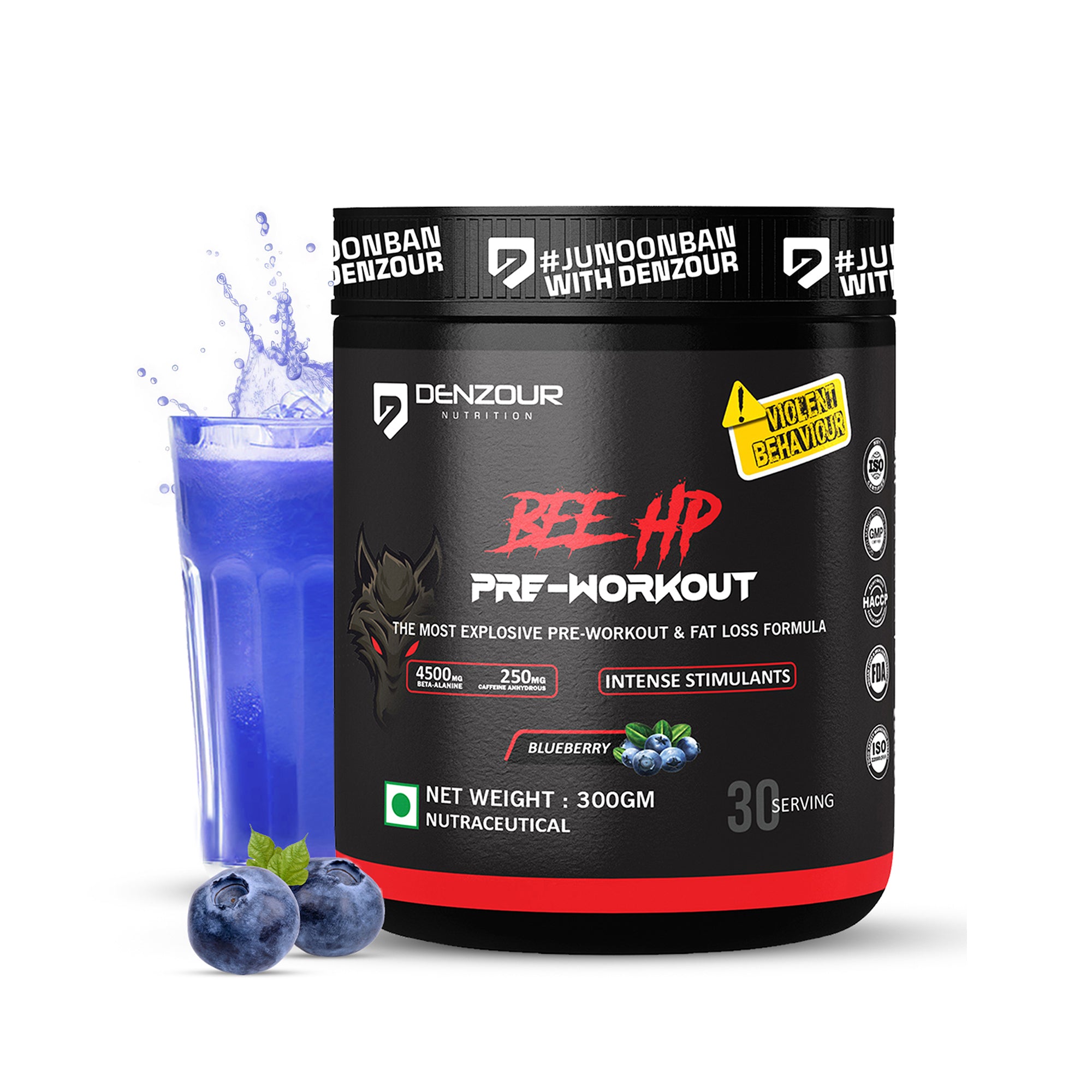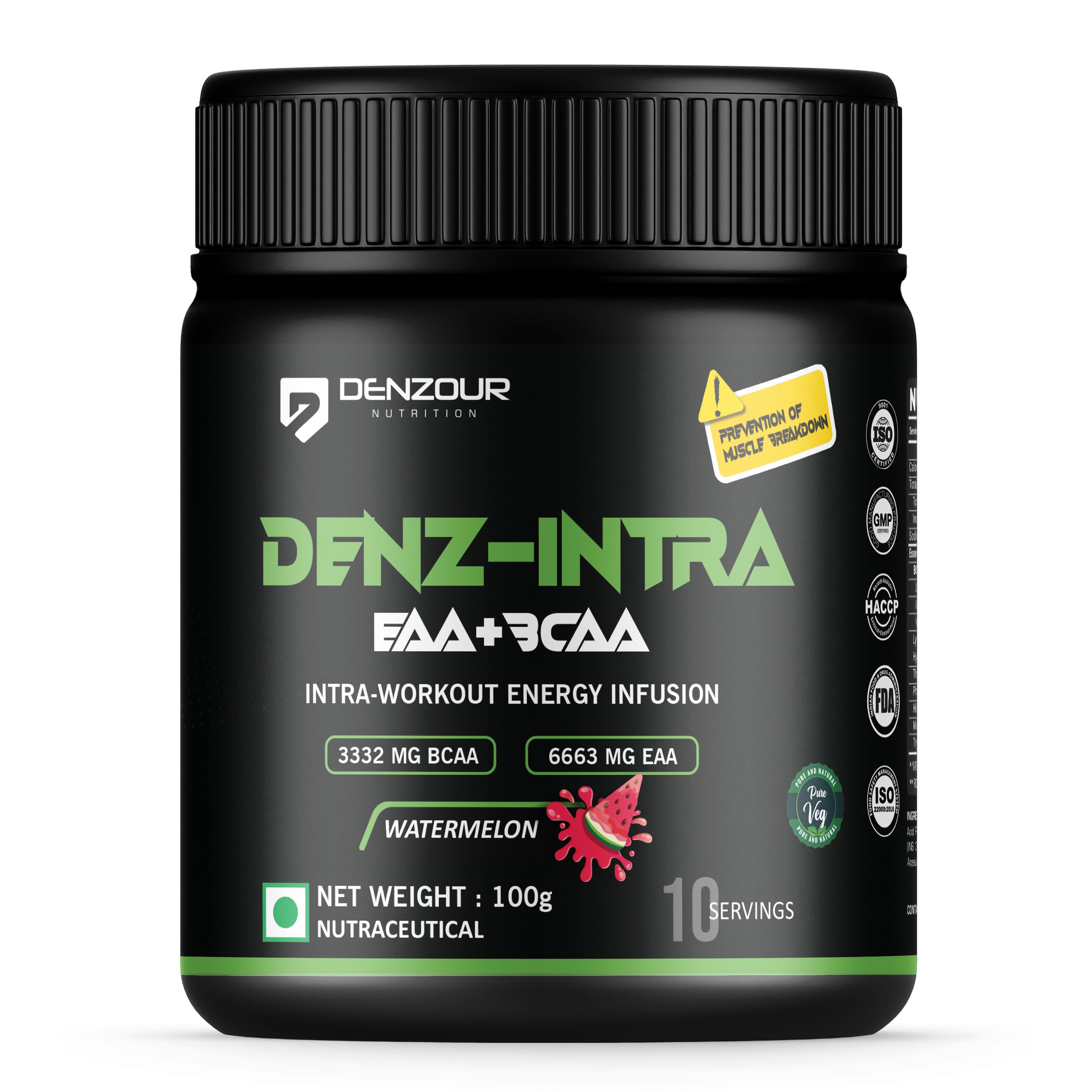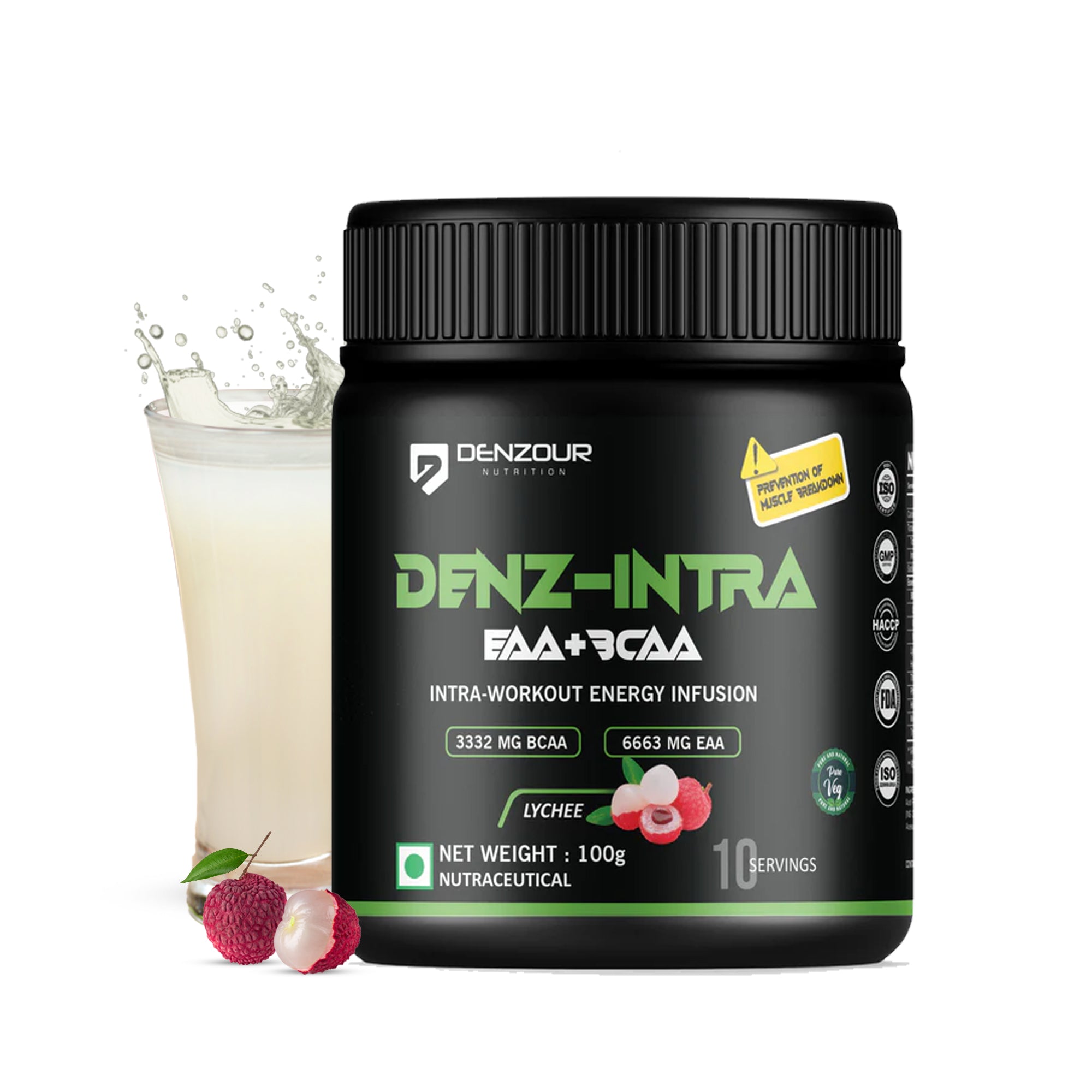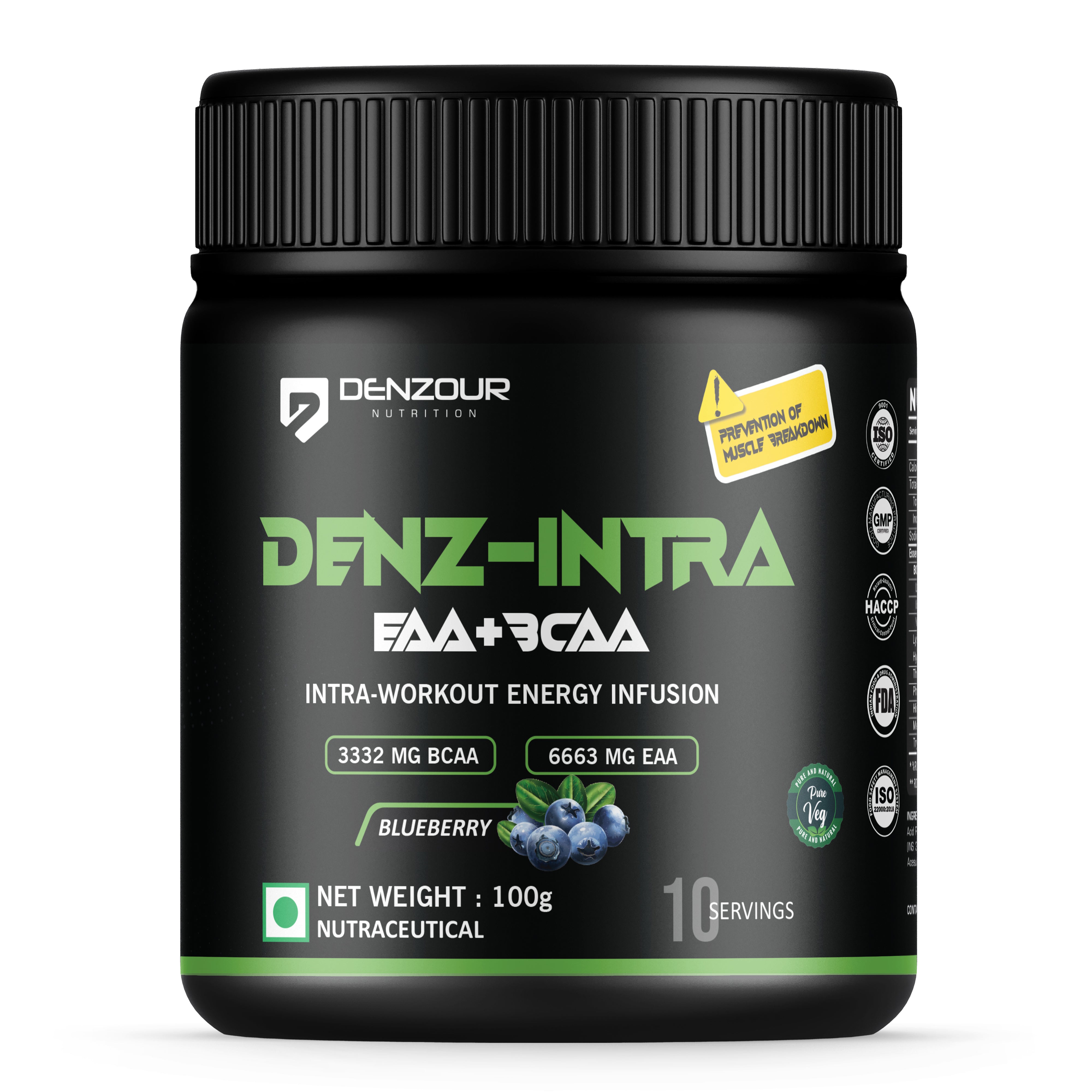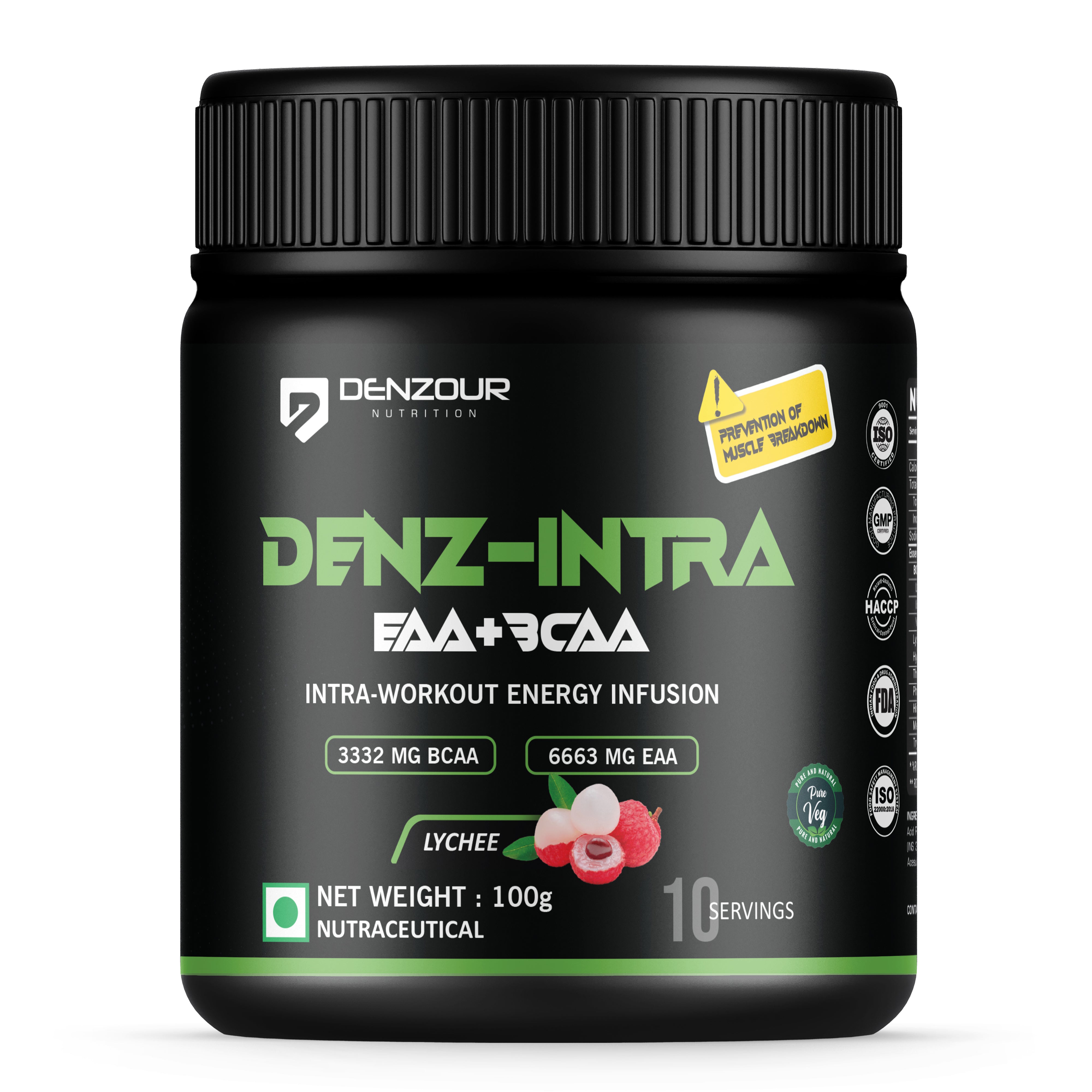What is L-arginine?
L-arginine is an amino acid. Amino acids are the building blocks of proteins and divided into essential and nonessential categories. Nonessential amino acids are made in the body, but essential amino acids are not. As such, they must be provided through dietary intake.
L-arginine is considered semi-essential or conditionally essential, meaning that it becomes essential under certain circumstances and conditions, including pregnancy, infancy, critical illness, and trauma. It’s necessary for the production of nitric oxide, a signaling molecule that’s needed for a variety of bodily processes and functions, including blood flow regulation, mitochondrial function, and cellular communication.
Additionally, it acts as a precursor to other amino acids, including glutamate, proline, and creatine, and is essential for the health and functioning of your immune system.
Arginine is necessary for the development of T-cells, which are white blood cells that play central roles in immune response .
Because L-arginine has so many critical roles in your body, a deficiency in this amino acid can disrupt cellular and organ function and lead to serious adverse health outcomes.
L-arginine is produced in several ways. It can be synthesized from the amino acid citrulline through the breakdown of body proteins, or it can be obtained through dietary protein intake.
It’s concentrated in certain protein-rich foods, including meat, poultry, dairy, nuts, soy products, and fish. The average daily intake of L-arginine from foods is reported to be 4–6 grams. For reference, research shows that a typical Western diet provides between 25–30% of total arginine present in the body. Additionally, L-arginine can be obtained by taking supplements. L-arginine supplements are widely available and can be found in powder, liquid, capsule, and tablet form at grocery stores, supplement stores, and online.
This article mainly focuses on the benefits and uses of L-arginine supplements.
Benefits and uses
L-arginine supplements are taken by many populations, including athletes and those who have certain medical conditions like high blood pressure, for a variety of reasons. They’re also used in the clinical setting to treat critically ill people or those with wounds.
Research has shown that L-arginine may offer a variety of potential benefits when used as a supplement. However, results are mixed, and L-arginine may not be as effective for some conditions as many supplement companies claim.
Athletic performance enhancement
Limited evidence suggests that L-arginine supplements may enhance exercise performance by increasing nitric oxide in the body, which improves blood flow and oxygenation to muscles.
For example, a 2017 randomized study in 56 male soccer players found that treatment with 2 grams of L-arginine daily for 45 days significantly increased sport performance, compared with a placebo group.
Another small study in 9 men demonstrated that those who drank a beverage containing 6 grams of L-arginine 1 hour before intense exercise had significantly increased blood levels of nitric oxide and were able to exercise longer, compared with a placebo group. However, most studies investigating this relationship have found that L-arginine is not beneficial for improving athletic performance.
L-citrulline, a precursor to L-arginine that’s discussed later in this article, may be a better choice for boosting athletic performance.
Blood pressure regulation
L-arginine supplements may benefit those with high blood pressure.
Studies have shown that taking L-arginine supplements may help lower both your systolic (the top number) and diastolic (the bottom number) blood pressure readings.
L-arginine is needed for the production of nitric oxide, which is necessary for the relaxation of the cells that make up blood vessels, as well as blood pressure regulation.
A 2016 review of 7 studies found that supplementing with L-arginine by both oral and intravenous (IV) administration significantly reduced systolic and diastolic blood pressure in adults with high blood pressure by up to 5.4 mm/Hg and 3.1 mm/Hg, respectively.
Management of critical illness 1
Arginine becomes essential when your body is compromised due to conditions like infection and trauma, and your arginine needs significantly increase due to physiologic demands.
Under these circumstances, your body can no longer fulfill your arginine needs, which must be met through external sources.
Arginine depletion during critical illness or after surgery leads to serious adverse effects, including impaired immune function and blood flow. To avoid these potential complications, arginine supplements are used frequently in the clinical setting to treat a variety of conditions.
For example, oral or IV arginine is commonly used to treat serious infections like necrotizing enterocolitis in infants, cases of sepsis, burns, chronic disease, and wounds, as well as in pre- and post-surgical and trauma patients.
Blood sugar regulation
Research shows that L-arginine may benefit those with diabetes by improving glucose metabolism and insulin sensitivity .
L-arginine is needed for the production of nitric oxide. Nitric oxide plays important roles in cellular function and how your body responds to insulin, a hormone that shuttles blood sugar from your blood into cells, where it’s used for energy.
Therefore, increasing nitric oxide availability may help enhance the function of cells that secrete insulin and help your body use blood sugar more efficiently.
Some research has shown that long-term treatment with L-arginine supplements may prevent diabetes in at-risk populations.
A study in 144 people with impaired blood sugar regulation found that treatment with 6.4 grams of L-arginine per day for 18 months reduced the chances of diabetes development over a 90-month period, compared with a placebo group.
Other potential benefits
In addition to the potential benefits listed above, some research suggests that L-arginine supplements may be helpful when used in the following ways:
- Treatment of erectile dysfunction. A 2019 review of 10 studies found that taking arginine supplements in doses ranging from 1.5–5 grams daily significantly improved erectile dysfunction, compared with a placebo or no treatment .
- Improving blood flow. Some evidence suggests L-arginine supplements may improve blood vessel function and blood flow in specific populations. However, study results are conflicting, and many have found that L-arginine has no benefit .
- Treating and preventing preeclampsia. Studies have demonstrated that treatment with L-arginine during pregnancy may help prevent and treat preeclampsia, a dangerous condition characterized by high blood pressure and protein in the urine.
This list is not exhaustive, and L-arginine has been studied for its potential beneficial effects on various conditions, including obesity, heart disease, cancer, polycystic ovary syndrome (PCOS), infertility, and anxiety, either used on its own or in combination with other supplements.
However, research on the effects of L-arginine in people with these and many other conditions is limited and inconclusive, highlighting the need for future studies.
In addition to the potential benefits and uses above, many people take L-arginine supplements for a variety of other reasons, including reducing the risk of the common cold and boosting weight loss. Yet, many of these purported benefits aren’t backed by scientific research.
Dosage and how to take
Doses of L-arginine vary widely depending on what it’s being used to treat.
For example, studies investigating the effects of L-arginine on blood pressure have used doses of 6–30 grams per day for 2–24 weeks.
In those with erectile dysfunction, research has suggested that supplementing daily with 1.5–5 grams of L-arginine may significantly improve symptoms.
Like other single amino acids, it’s recommended to take L-arginine between meals for maximum absorption.
Overdose
As mentioned above, arginine is generally considered safe, even when used in high doses.
However, it’s possible to take too much arginine, which is especially dangerous for children. This is explained in greater detail later in this article.
Storage and handling
Keep L-arginine supplements in a cool, dry area. Avoid exposing the supplement to heat or moisture.
